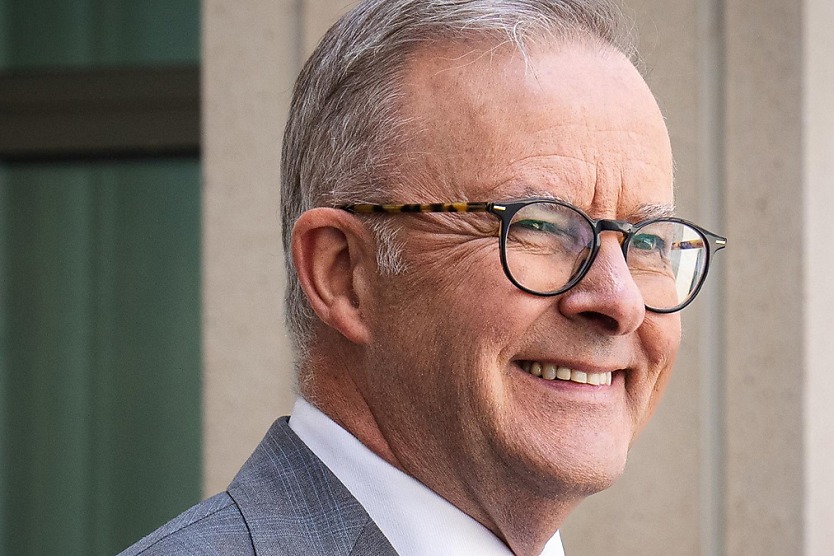Minimum wage increases, extended PPL ‘will make a difference’, says PM
SHARE THIS ARTICLE

Prime Minister Anthony Albanese believes the accumulative employment changes that came into place yesterday (1 July) mark a “turning of the corner” in terms of making a difference to Australians’ lives.
Yesterday, a number of key employment changes were implemented to kick off the new financial year, with a 3.5 per cent pay increase for minimum wage workers taking the spotlight – bringing the hourly rate to $24.95.
Minister for Employment and Workplace Relations Amanda Rishworth noted that the increase will benefit one in four (23 per cent) Aussie employees, claiming that many who fall in this bracket tend to be either women, employed on a casual basis, working part-time hours, or are young.
“[This] real wage increase provides further relief to Australia’s lowest-paid workers, who continue to face cost-of-living pressures in an environment where inflation has returned to the Reserve Bank’s target band, unemployment remains low and interest rates are coming down,” said Rishworth.
Speaking on the other changes alongside the minimum wage increase, Prime Minister Anthony Albanese claimed that the added two weeks of paid parental leave (PPL) furthered the election campaign promise of “turning the corner” on making a real difference to the lives of Australians.
“The combination of measures, which start today, will make an enormous difference to so many …” said Albanese in a recent interview.
“… For people either starting a family or thinking about starting a family, the additional two weeks paid parental leave, lifting it up to 24 weeks, 26 weeks, will begin, the full six months next year, will make a difference. In addition to that, we’re paying superannuation for the first time on paid parental leave.”
“Whilst unemployment is staying low, real wages continue to rise. And so we are, I think, I said during the election campaign we’re turning the corner. We’re still turning that corner of making a difference to Australians’ lives.”
For small businesses, Albanese touched on the “$20,000 instant asset write off”, claiming that the change will open the door for better investment into their local business.
On top of that, Albanese spoke to the benefits of the superannuation changes, with it being included in PPL, which he believes will be yet another benefit to working women.
“… It will make an enormous difference to the retirement incomes of women particularly. We know that women retire with much less in their superannuation accounts. And this is one of the reasons, and this is why it’s a productivity measure as well. It doesn’t just help those individuals, it helps the economy because we do want to encourage women’s workforce participation,” he said.
Australian Council of Trade Unions (ACTU) secretary Sally McManus praised the Albanese government, reinforcing the Labor government’s claims on how much of a “difference” this pay increase could have.
“Higher wages, paid placements, more parental leave, and a boost to super – from today, this will be a reality for millions of working people,” said McManus.
“No worker should miss out on money they are legally entitled to, but the data shows that one in 10 adult workers are receiving at or below the legal minimum.
“A real wage increase for 3 million workers will make an important difference to working people’s lives. Pay increases were fought for by unions, as was the payment of super on parental leave and the extra two weeks. We have also finally reached 12 per cent superannuation, which was brought about because of the partnership between the ACTU and Labor governments.”
RELATED TERMS
The bare minimum that can be paid to a full-time worker each year is known as minimum wage. For temporary and part-time workers, this is prorated.
Kace O'Neill
Kace O'Neill is a Graduate Journalist for HR Leader. Kace studied Media Communications and Maori studies at the University of Otago, he has a passion for sports and storytelling.

